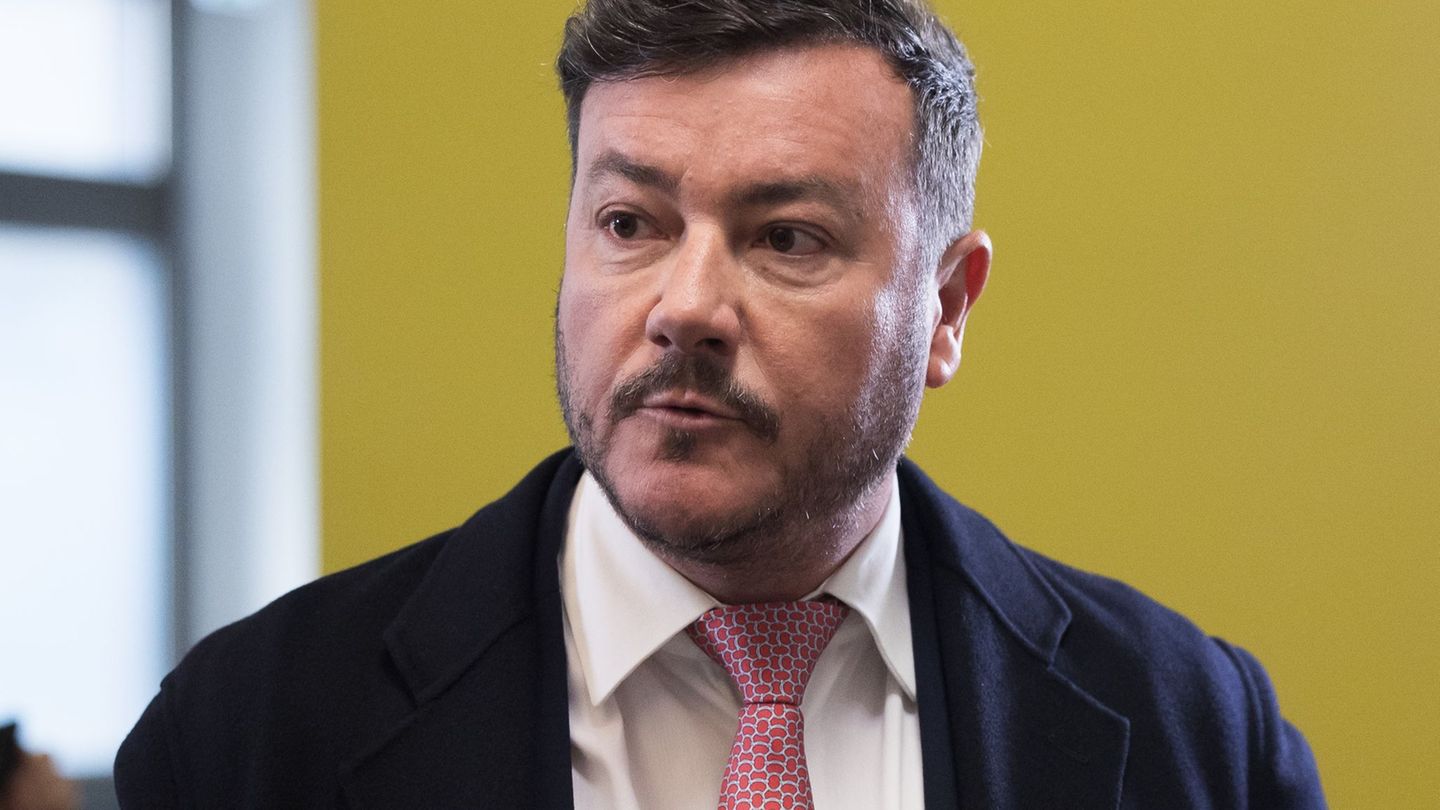Uruguayans maintain divided opinions about the economic situation of the country and they are largely conditioned by their socioeconomic level and political preferences.
This is what the last one expresses survey from the consultant Consulting Teams where, broadly speaking, it could be seen that Uruguayans maintain the expectations placed on the salary stabilityand raise concerns regarding employment and regarding the evolution of prices.
Asked about their perceptions of the domestic economic context, the majority of Uruguayans, 44%, showed neutrality and answered that the economic situation is “neither good nor bad.”
At the extremes, 32% classified it as “bad” (25%) or “very bad” (7%), and 24% as “good” (23%) or “very good” (1%), without register people who fail to answer the question.
Sympathy for the current economic context was higher in the middle and upper strata, while it received greater rejection in the lower and lower middle strata. However, neutrality prevailed in all social strata.
Among the voters of the Multicolor Coalition Neutrality (46%) was also higher than sympathy (40%), but the voters of the Wide Front They recorded greater antipathy (51%) compared to neutral positions (39%).
Regarding the future, 43% of those surveyed maintained that the economy will be “the same” in the next 12 months, while 29% were optimistic saying it will be “better” (26%) or “much better” (3%).
On the other hand, 19% were pessimistic about the coming months, with 17% stating that the country will be “worse” economically, and 2% that it will be “much worse.” For their part, 9% of people showed uncertainty about next year.
The expectations of Uruguayans about employment, inflation and income
42% of Uruguayans assume that employment will remain stable in the coming months. However, expectations are not so high for 32% who expect there to be a higher level of unemployment. 21% remain optimistic that there will be a lower level of unemployment, while 5% stated that they do not know what will happen.
Regarding the increase in prices resulting from the inflation There is a technical tie, 48% believe that they will increase “little” or “not at all”, while another 48% think that they will increase “quite a bit” or “a lot”. 4% did not give an opinion.
With regards to the income, the vast majority of Uruguayans, 69%, consider that salaries will remain stable at current levels and 20% even feel that they will increase. 8% dismissed the possibility of a salary increase and 3% said they had no idea.
The government’s economic teams reversed pessimism, but do not generate optimism
Confidence in economy Future began with a negative balance of 20 percentage points at the beginning of the president’s administration Luis Lacalle Pou in March 2020, when the Covid-19 pandemic broke out.
The beginning of the current government brought the new configuration of officials in the main economic positions of the State, with Azucena Arbeleche as minister of Economy and Finance (MEF); Diego Labat as president of Central Bank of Uruguay (BCU)already Isaac Alfie as director of the Planning and Budget Office (OPP)who still maintain their functions.
According to the consulting firm, since then the economic uncertainty in the government of Lacalle Pou had ups and downs, with a positive peak of 8 points in January 2022. However, the current figures show a more pessimistic outlook than at the beginning of last year, returning to a neutral point of “0 point”.
Source: Ambito




